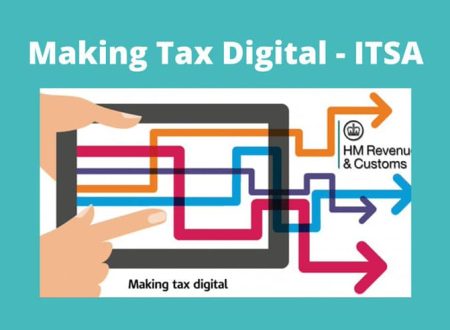The UK’s economic landscape has undergone significant changes in recent years, with Brexit and rising inflation reshaping business operations—especially in accounting and financial management. At TT Accountancy, a leading accounting firm in London, we help businesses navigate these challenges with expert tax planning, compliance, and financial advisory services.
In this blog, we’ll explore how Brexit and inflation are affecting UK business accounting, the key challenges companies face, and strategic solutions to stay compliant and financially resilient.
1. The Impact of Brexit on UK Business Accounting
Since the UK officially left the EU in 2020, businesses have faced new regulations, tax changes, and supply chain disruptions. Here’s how Brexit is influencing accounting practices:
a) Changes in VAT and Customs Duties
- Import/Export VAT Rules: Post-Brexit, UK businesses trading with the EU must comply with new VAT regulations, including reverse charge mechanisms and customs declarations.
- Customs Delays & Costs: Additional paperwork and tariffs have increased operational costs, requiring precise cash flow management.
How TT Accountancy Can Help with VAT Compliance
b) Workforce & Payroll Challenges
- Changes in EU Labour Laws: Many businesses relied on EU workers, but new immigration rules have led to staff shortages in key sectors.
- Revised Payroll Reporting: Employers must now navigate new tax codes and NI contributions for EU employees.
UK Government Guidelines on Post-Brexit Employment
c) Financial Reporting & Compliance
- New Accounting Standards: UK GAAP and IFRS adjustments may be required for businesses with EU operations.
- Data Protection (UK GDPR): Companies must ensure compliance with both UK and EU data laws when handling cross-border transactions.
2. How Inflation is Affecting Business Accounting
With UK inflation rates reaching multi-decade highs, businesses are grappling with rising costs, shrinking profit margins, and tighter cash flow. Here’s how inflation impacts accounting:
a) Increased Operational Costs
- Higher Supplier Prices: Businesses must adjust budgets and forecasts to account for rising expenses.
- Wage Inflation: Salary increases to match living costs impact payroll accounting.
b) Impact on Tax Liabilities
- Corporation Tax Adjustments: Rising profits (due to price hikes) may push businesses into higher tax brackets.
- Capital Gains & Dividends: Inflation affects asset valuations and tax planning strategies.
Tax Planning Services at TT Accountancy
c) Cash Flow & Debt Management
- Interest Rate Hikes: The Bank of England’s rate increases affect business loans and financing.
- Credit Control: Businesses must tighten invoicing and collections to maintain liquidity.
Bank of England Inflation Report
3. How TT Accountancy Can Help Your Business Adapt
At TT Accountancy, we provide tailored accounting solutions in London to help businesses stay compliant and financially stable amid Brexit and inflation challenges:
✅ Brexit Accounting Support – VAT, customs, and payroll compliance.
✅ Inflation-Proof Financial Strategies – Cost management, tax efficiency, and cash flow forecasting.
✅ Cloud Accounting Solutions – Real-time financial tracking with Xero and QuickBooks.
Contact TT Accountancy for a Free Consultation
Brexit and inflation have introduced new complexities in UK business accounting, from tax compliance to financial planning. By partnering with an experienced accounting firm in London like TT Accountancy, businesses can mitigate risks, optimise tax efficiency, and maintain profitability.
📞 Need expert accounting advice? Get in touch with TT Accountancy today!

 ?>
?>





